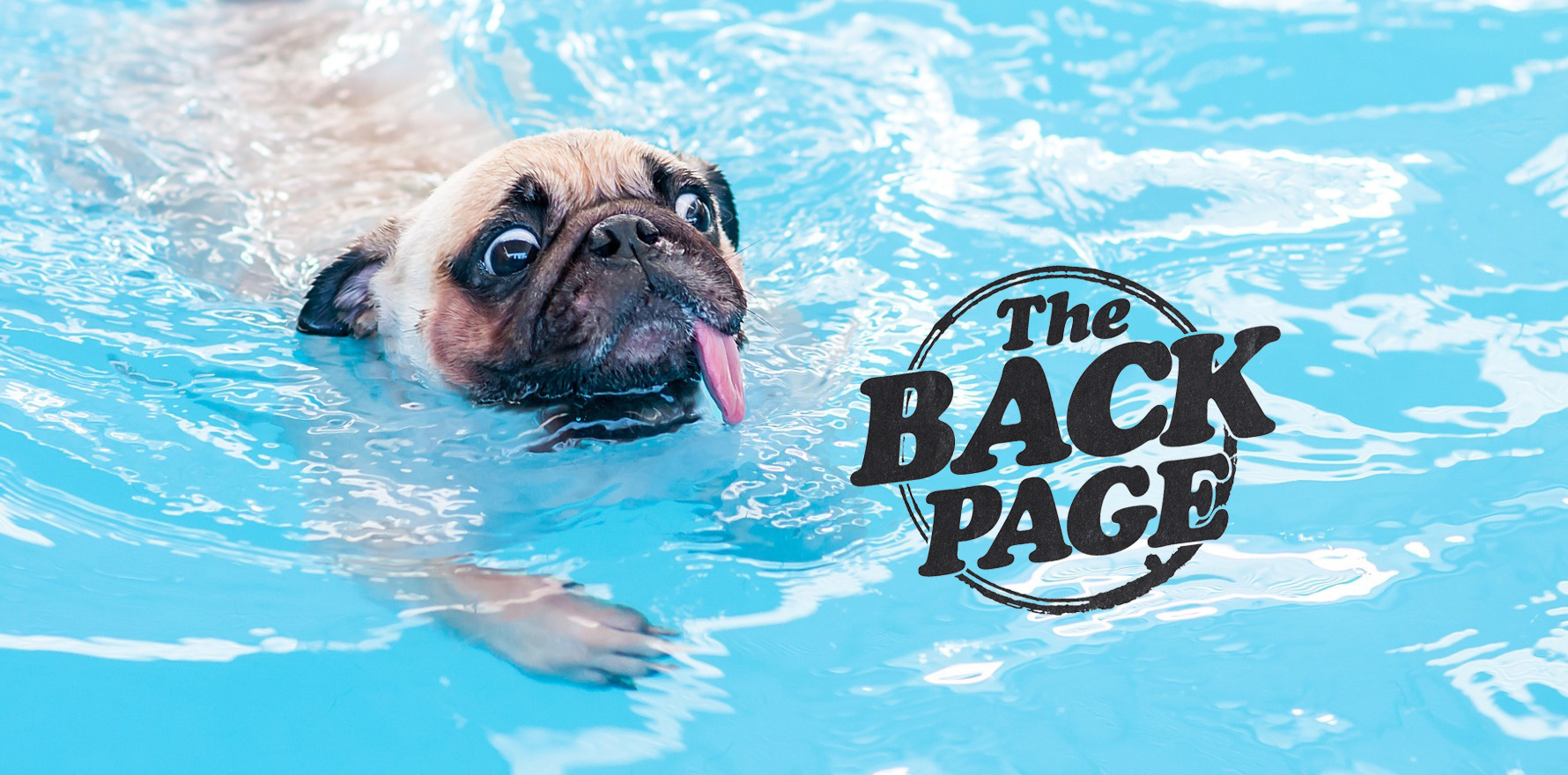Sperm quality affects the likelihood of fertilisation, and an Aussie team has figured out how to separate the top dogs from the also-swams.
In good news for infertile couples, a Monash University team has developed a handy bit of tech that can easily separate high-quality sperm from the low performers, increasing the chances of a successful fertilisation.
The technology itself comprises a simple plastic syringe but with a 3D filter that can detect “viable” sperm, increasing the quality of a selection by a whopping 65%.
You can get the lowdown in the Advanced Materials Technologies journal.
The syringe works its magic by sucking 1.5 millilitres of semen into a chamber which then makes its way through a network of 560 parallel microchannels, or tiny cylinders. The top sperm swim through the microchannels into the selection chamber from where they can be extracted. This leaves behind the poor-quality guys that just weren’t up to snuff.
The process takes less than 15 minutes and the device can pick out more than 41 per cent of healthy sperm from the semen sample. The patter of tiny feet could be just around the corner.
“Sperm selection is a crucial part of infertility treatment, but the conventional clinical methods for sperm selection haven’t changed over the past 30 years,” said supervising researcher Dr Reza Nosrati, who hails from Monash’s mechanical and aerospace engineering department.
And since development of new technology has been stuck in a rut, the success rate of infertility treatment methods has stagnated at a rather gloomy 35 per cent per cycle.
Because the syringe is manufactured from simple plastic, it can be readily mass produced, bringing hope and cheaper treatment options to 180 million people affected by infertility worldwide.
According to the folks at Monash, it also dramatically reduces the need for complex and invasive intracytoplasmic sperm injection procedures in favour of artificial insemination directly into the uterus.
That’s good news for would-be parents and bad news for poor-quality sperm, who either need to get with the program or fail to get the gig.
If you’ve got a fertile mind, send your ideas to penny@medicalrepublic.com.au


